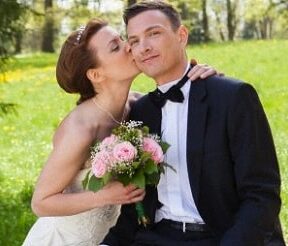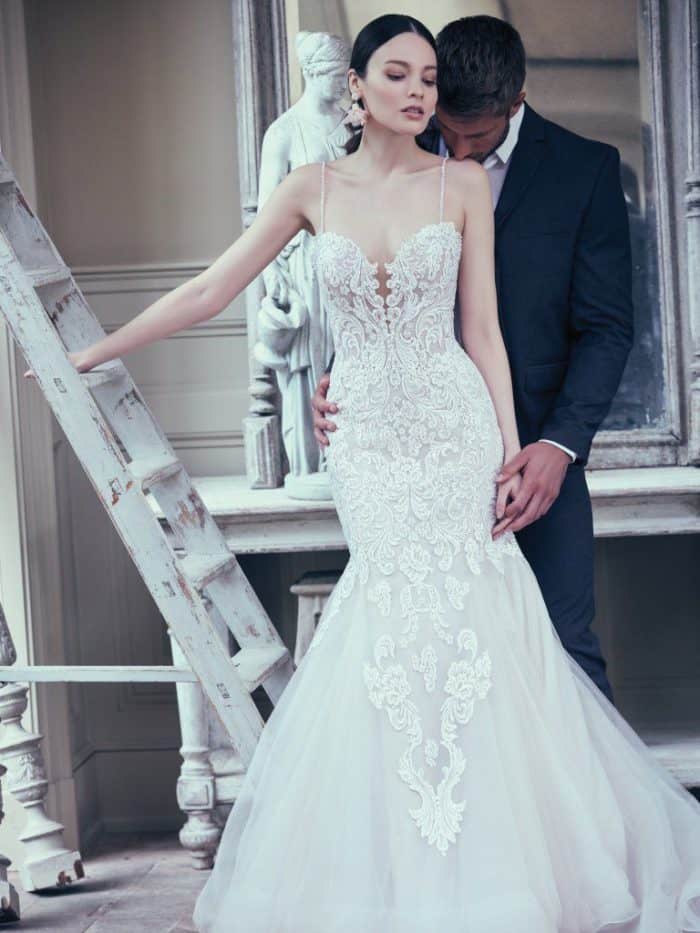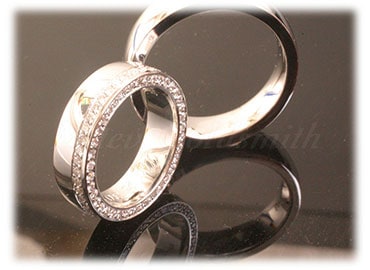
Aug 07
Wedding Ideas – Who Pays for What at the Wedding
Wedding Ideas
In past times the rules over paying for weddings were very clearly laid out; the bride’s father met many of the costs, and the rest were covered by the groom. These days it is much less clear cut. Most couples contribute jointly towards the costs, just as they would towards any other event they were organising together, and often the groom’s family also help pay for the wedding or some part of it. Of course the whole issue of who pays for what will be something that you will need to talk about in some detail with both sets of parents, being realistic over what you can all afford. Here, for basic guidelines, are the expenses that are traditionally met by each side, although your own list may look very different!
Bride’s family
Press announcements ,Invitations, Orders of service
Any other stationery (eg, place cards, thank you notes)
Photographs (these may or may not include videos, tape recordings, etc)
The bride’s dress and accessories The bridesmaids’ and other attendants’ clothes and accessories (although these days many bridesmaids will offer to buy their own)
Flowers for the church Flowers for the reception Hen party
Transport for the bride’s family to the church, and for the bride’s parents to the reception Hire costs for the reception Catering costs for the reception The cake
Groom
Engagement ring
Wedding ring for the bride (the bride traditionally pays for the groom’s ring if he has one)
Legal costs (licences, registrar, etc) Church costs (minister’s fee, choir, organist, bellringers, etc)
Flowers for the bride Flowers for the attendants Buttonholes for the men in the wedding party
Corsages for the two mothers Presents for the best man and attendants Stag party
Transport for himself and the best man to the church, and for himself and the bride to the reception The honeymoon
Best man
The best man generally pays for his own clothes for the wedding if they have to be made or hired.
Who does what?
Before the wedding there are dozens of details to be worked on and finalised (it will probably seem like thousands at the time!). The details of the wedding used to be the province of the bride’s family, with only symbolic consultation with the groom’s family, but nowadays couples plan most of the details together. Naturally it is important to consult at every stage with the other participants, such as the bride’s parents, the groom’s parents, the bridesmaids, the minister, etc, to check that everyone is happy with the wedding plans, but it is a good start to married life if the bride and groom can sort out such major events with plenty of discussion, cross-checking and arrangement-making.
 Some of the arrangements will naturally be easier for the bride or for the groom to sort out; others may be easier in consultation with, say, the bride’s mother, but here is a list of things that the bride and groom should be sorting out together as the wedding approaches.
Some of the arrangements will naturally be easier for the bride or for the groom to sort out; others may be easier in consultation with, say, the bride’s mother, but here is a list of things that the bride and groom should be sorting out together as the wedding approaches.
- The type of wedding you want – traditional, formal, casual, on a theme, registry office, church
- The date and timing of the wedding and the reception
- Newspaper announcements
- The style of the reception-cocktails, formal meal, buffet, etc
- Who is going to do the catering – professionals, yourselves, family, friends
- The venue of the reception
- The style of service you will have
- Music for the service, reception and evening party if you have one
- Attendants – how many, who, what they will wear
- Flowers for church, reception, bouquets, buttonholes
- Cake – style and size
- Guest list
- Present list
- Wedding stationery – invitations, orders of service, place names, etc
- Photography, video, taping of the service and reception
- Rings – what kind you want, whether you are having one or two
- Transport for everyone to the church and reception
- Presents for attendants
- Stag and bride parties
- Honeymoon






